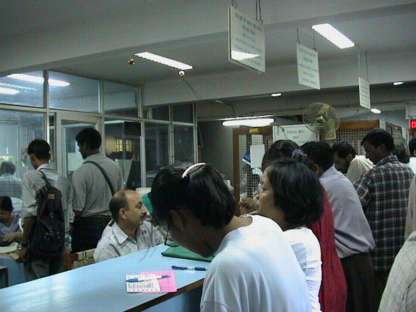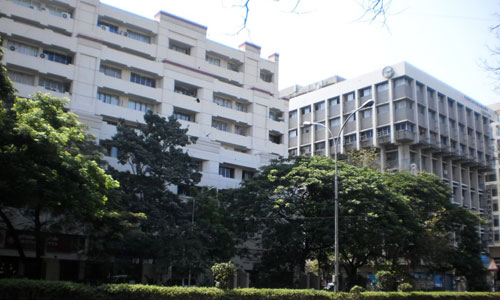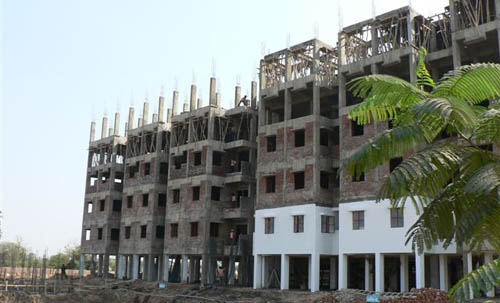
Developers smiling in buyers’ market of Coimbatore
Track2Realty Exclusive: If you think buyers’ market is a myth in Indian real estate, probably you have not been exposed to Coimbatore real estate. Furthermore, if you feel buyers’ market is an off shoot of crisis in the property market where the developers have gone belly up to go for distress sale, again experience this as a myth and not reality in Coimbatore property.






